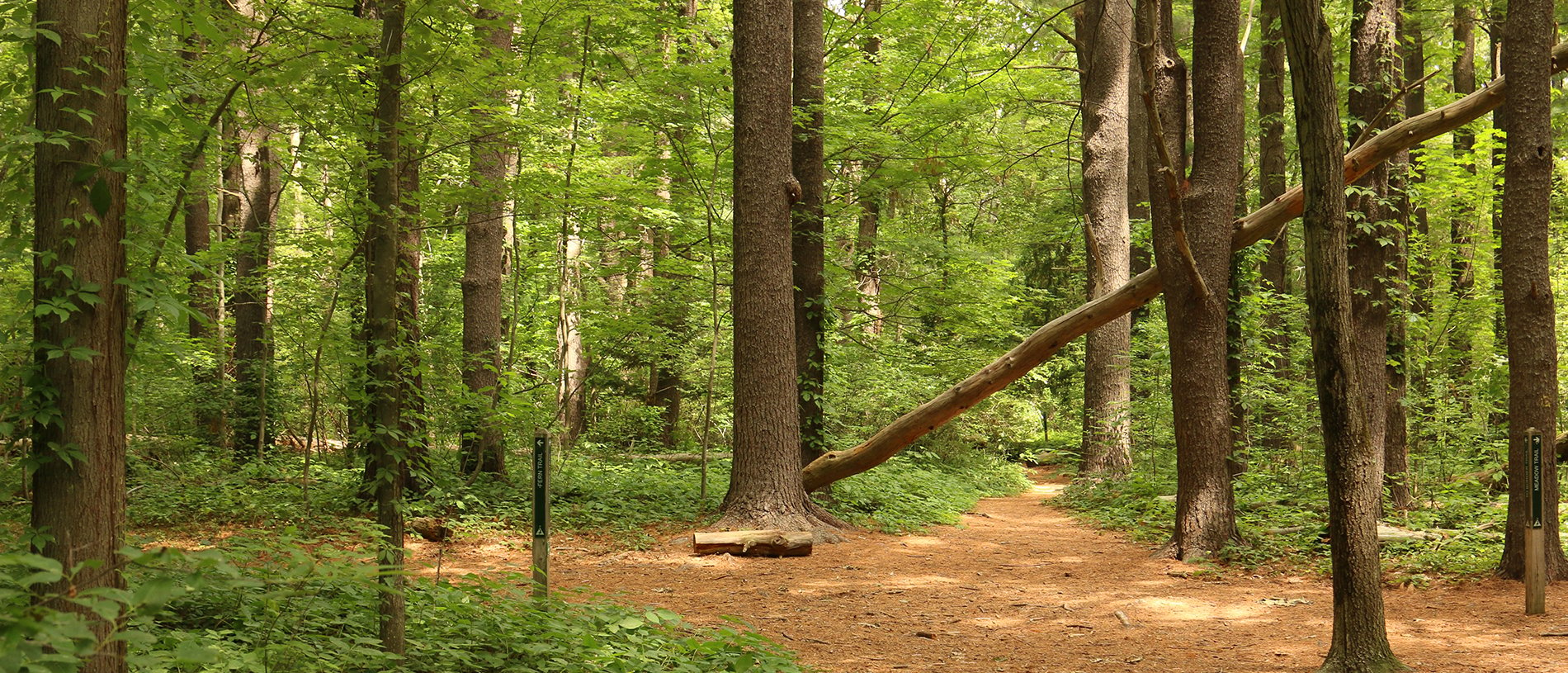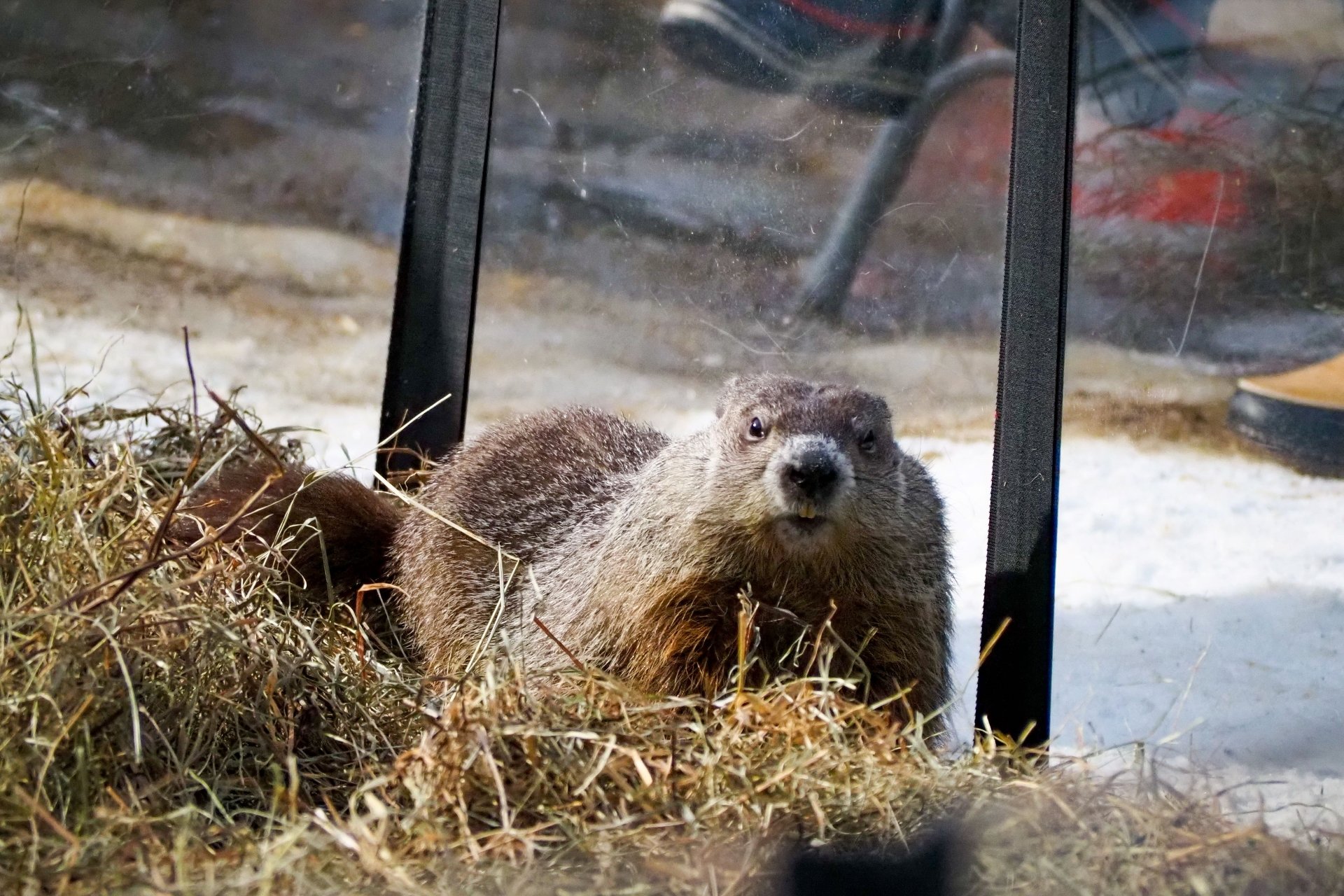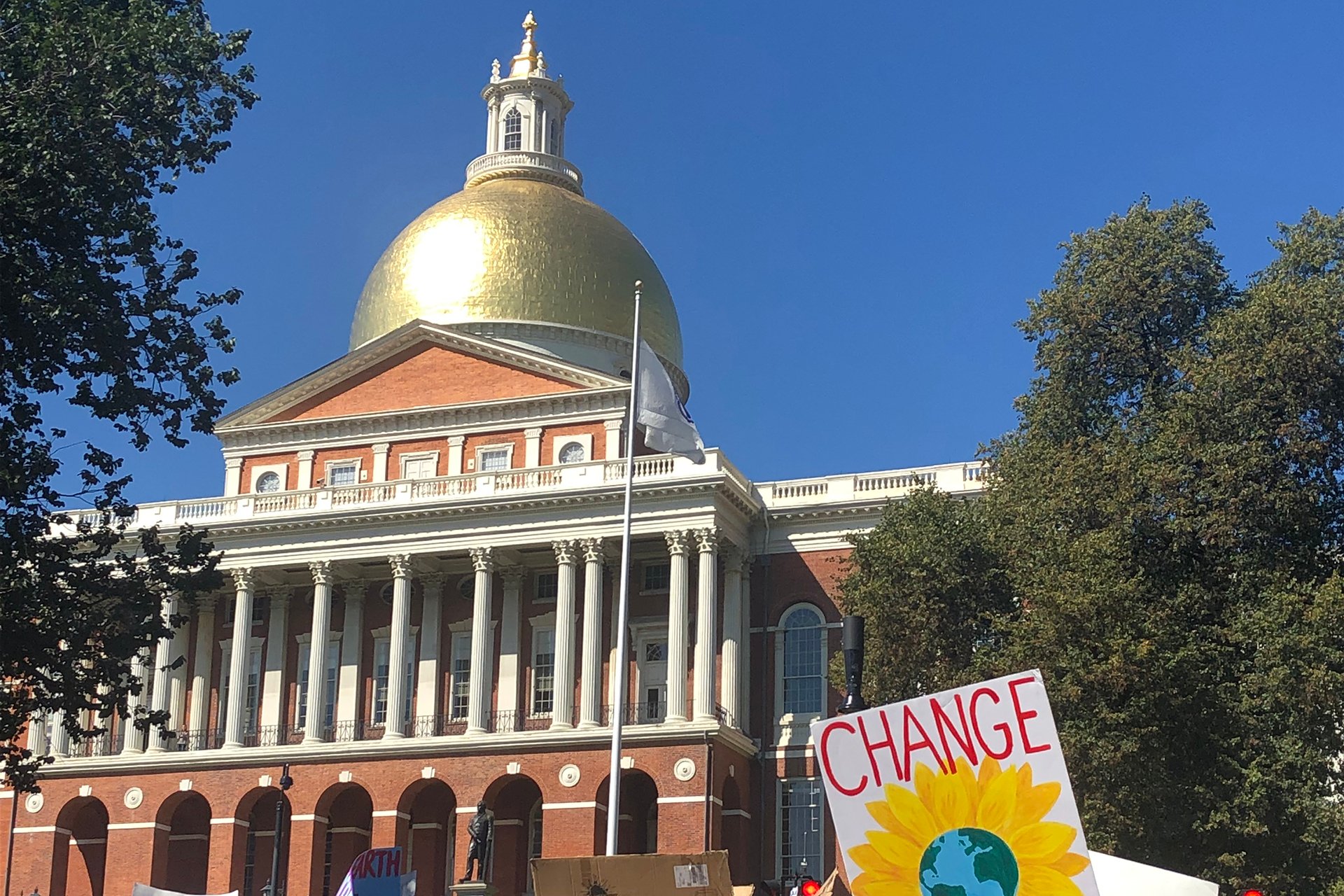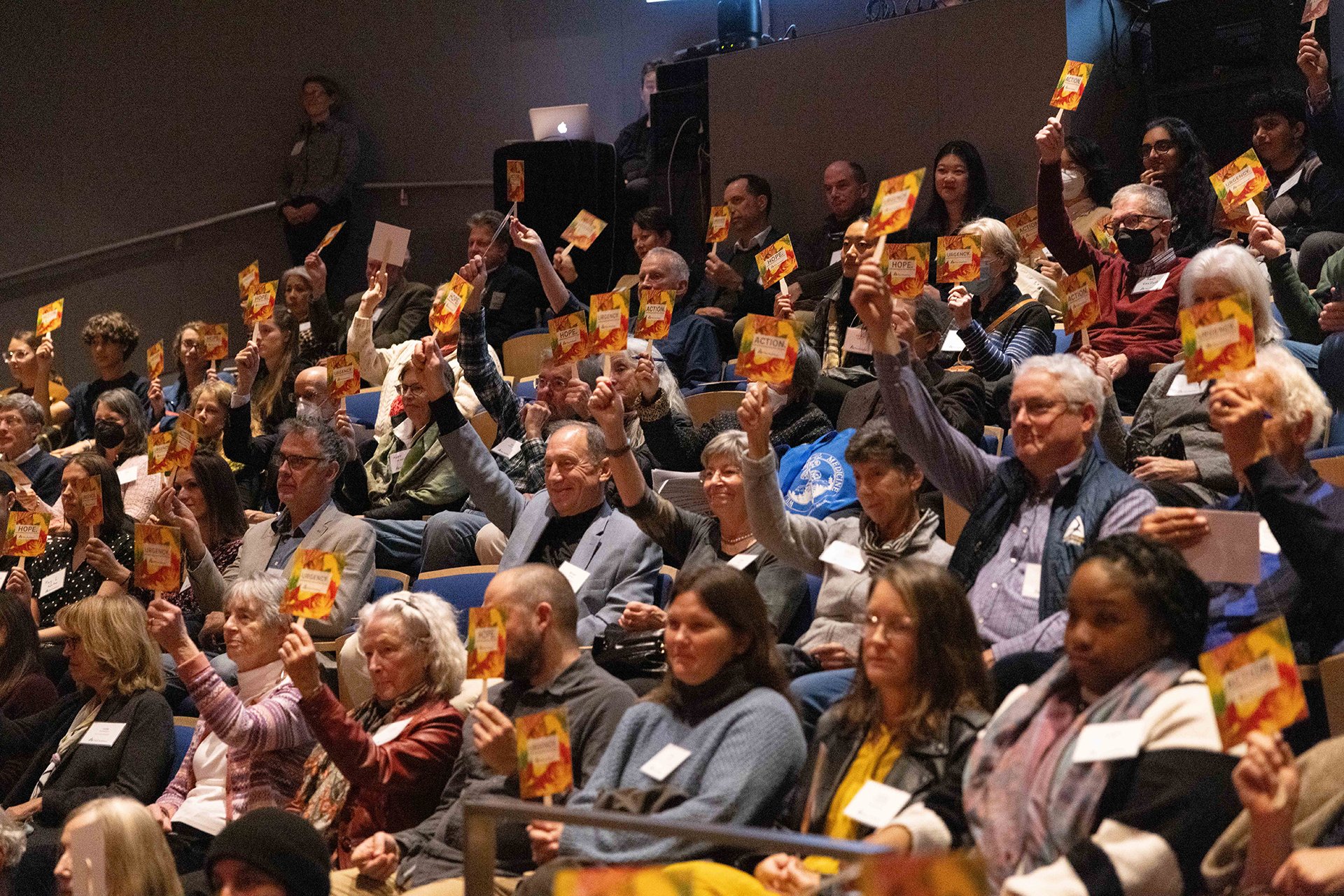Land Donation At MABA Helps Protect Local Stream and Neponset River Watershed
Press Release
February 22, 2021
CANTON, MA.—Thanks to the generosity and vision of a longtime local family, the Museum of American Bird Art (MABA) is larger by nearly three acres and can offer greater protection for Pequit Brook, which flows through the wildlife sanctuary as an important part of the greater Neponset River Watershed.
At the end of January, Mass Audubon received a donation of 2.73 acres of wetlands adjacent to MABA from Bill Carroll and the Carroll Family, bringing the overall size of the popular museum and surrounding habitats to more than 124 acres.
The new addition—called the Carroll Property—features a lovely series of rapids on Pequit Brook, which parallels the sanctuary’s Main Loop Trail. Most of the land is a vibrant red maple swamp teeming with various species of native plants and animals.
Protection of this land also expands the opportunities for education and interpretation at the wildlife sanctuary.
“Staff at MABA are particularly excited by the proximity of this land to the Luce Public Elementary School,” Director Amy Montague noted. “We look forward to welcoming the teachers and students from the Luce community, to deepening our connections with them, and to learning together about the natural wonders of this special place.”
Branches of the Carroll family have owned this land and resided in Canton for several generations, going back to at least the mid-1800s. Bill has spent his entire life on the property and remembers exploring the woods and fishing in the brook as a child.
When asked why he chose to donate the land, Bill said that he wanted it to be protected as a wetland in perpetuity; he added that even though such crucial habitats are presently afforded protections (safeguards that Mass Audubon helped put in place), one just can’t assume that development in wetlands will be discouraged in the future.
Becoming part of the sanctuary ensures that the Carroll Property will remain forever natural and be enjoyed by generations of visitors to MABA.
To learn about other recent conservation success stories and support Mass Audubon land protection opportunities, please visit massaudubon.org/landconservation.
About Mass Audubon
Mass Audubon is the largest nature-based conservation organization in New England. Founded in 1896 by two women who fought for the protection of birds, Mass Audubon carries on their legacy by focusing on the greatest challenges facing the environment today: the loss of biodiversity, inequitable access to nature, and climate change. With the help of our 160,000 members and supporters, we protect wildlife, conserve and restore resilient land, advocate for impactful environmental policies, offer nationally recognized education programs for adults and children, and provide endless opportunities to experience the outdoors at our wildlife sanctuaries. Explore, find inspiration, and take action at massaudubon.org.






